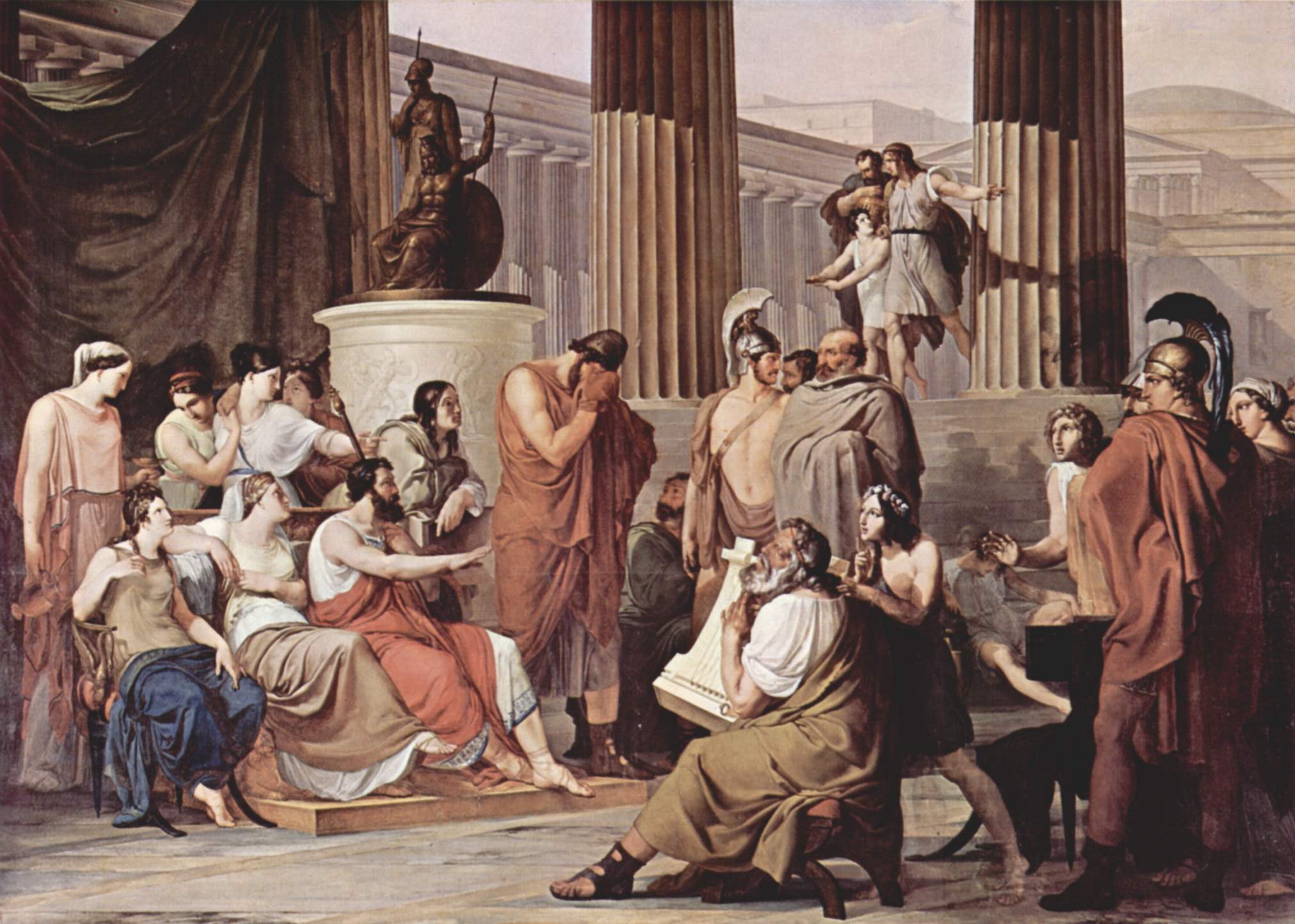
Myth
Myth is a genre of folklore or theology consisting primarily of narratives that play a fundamental role in a society, such as foundational tales or origin myths. For folklorists, historians, philosophers or theologians this is very different from the use of "myth" simply indicating that something is not true. Instead, the truth value of a myth is not a defining criterion.[1]
This article is about a folklore genre. For other uses, see Myth (disambiguation).Myths are often endorsed by secular and religious authorities and are closely linked to religion or spirituality.[2] Many societies group their myths, legends, and history together, considering myths and legends to be true accounts of their remote past.[2][3][4][5] In particular, creation myths take place in a primordial age when the world had not achieved its later form.[2][6][7][8] Other myths explain how a society's customs, institutions, and taboos were established and sanctified.[2][7] There is a complex relationship between recital of myths and the enactment of rituals.
Protagonists and structure
The main characters in myths are usually non-humans, such as gods, demigods, and other supernatural figures.[30][3][31][32] Others include humans, animals, or combinations in their classification of myth.[33] Stories of everyday humans, although often of leaders of some type, are usually contained in legends, as opposed to myths.[30][32] Myths are sometimes distinguished from legends in that myths deal with gods, usually have no historical basis, and are set in a world of the remote past, very different from that of the present.[32][34]